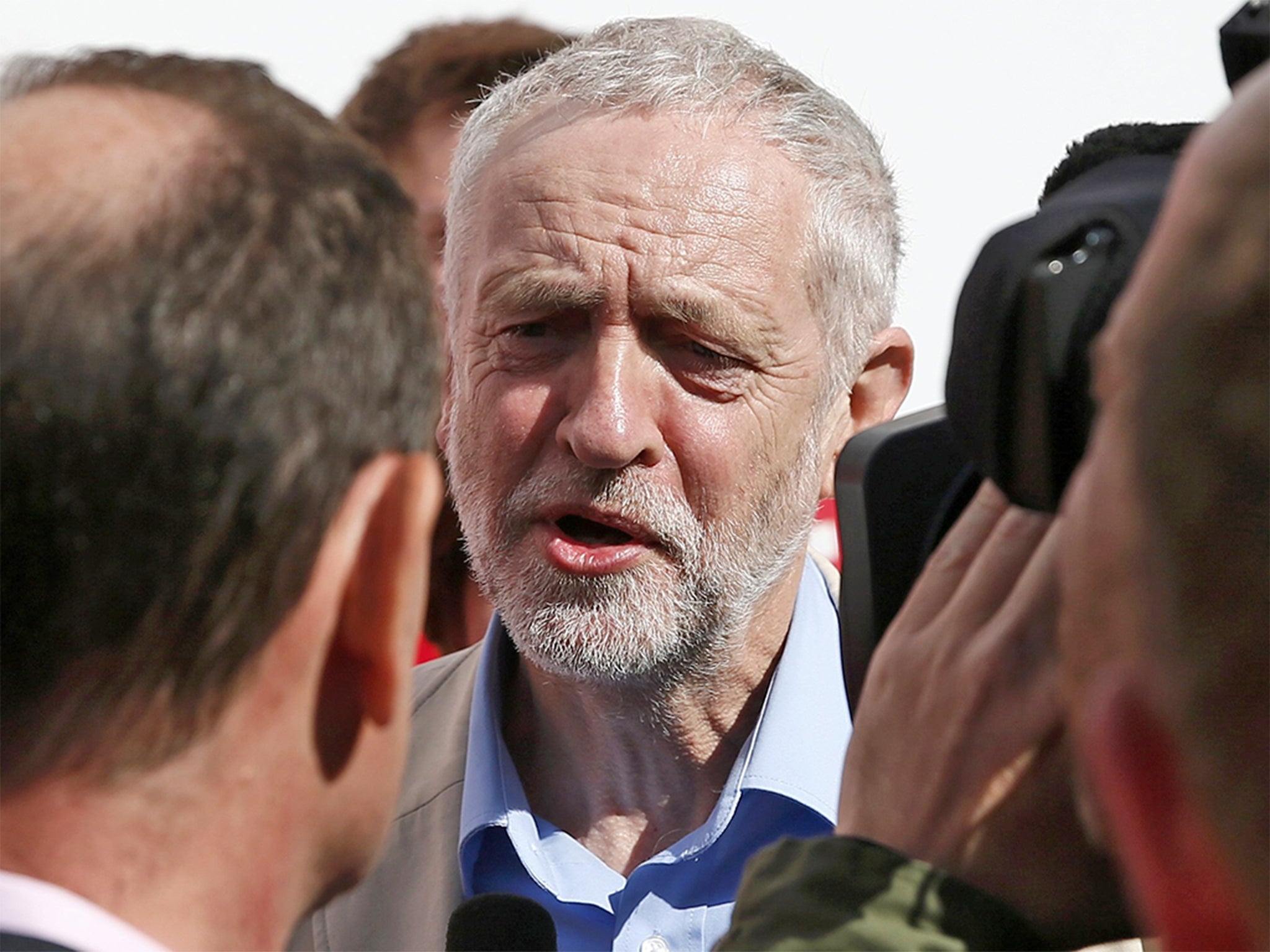A group of Labour MPs have written to Jeremy Corbyn to ask him to back changing Britain’s voting system to a form of proportional representation (PR).
Mr Corbyn has previously said he is open to electoral reform – but has stopped short of fully endorsing a change to PR, suggesting the subject needs more investigation.
The seven MPs, from across the Labour party, put their name to a letter seen by The Independent, which is also signed by around 10,000 voters.
“We would like to congratulate you on winning the Labour leadership race with a huge mandate,” the letter reads.
“We recognise your commitment to democracy and write to seek your support for the principle of a truly democratic electoral system by which seats in Parliament match vote share and to ask you to meet to discuss how we can support the Labour Party as it develops its position on the matter.”
Ben Bradshaw, Paul Blomfield, Stephen Kinnock, Clive Lewis, Jonathan Reynolds, Chuka Umunna, and Daniel Zeichner, are among signatories of the letter.
The call comes ahead of a midday rally in London on Saturday in support of changing the voting system to one where the results better reflect the proportion of votes cast.
Demonstrators will gather in Westminster to call for a cross-party alliance to bring in PR by 2021, with speakers from parties across the political parties. The protest is organised by the Make Votes Matter coalition.
The Liberal Democrats, Greens, Ukip, and SNP all support proportional representation – with the Conservatives traditionally being opposed. Labour has camps both against and in support of change.
Under the UK Parliament’s existing First Past The Post (FPTP) electoral system, parties win seats in numbers that do not reflect the proportion of votes cast for them at the general election.
In 2015, Ukip won 12.7 per cent of the vote but only one of 650 seats in the House of Commons – while the SNP won 50 per cent of the vote in Scotland but 56 of its 59 seats.
Defenders of the status quo say the current system creates a link between MPs and their constituents, but other voting systems – such as Single Transferrable Vote (used in Ireland) or the Additional Member System (used in London, Scotland, and Wales) maintain this link while producing proportional results.
Daniel Zeichner, Labour MP for Cambridge, said: “In swathes of Eastern England, Labour voters currently go unrepresented on local councils.
“In Cambridge, Conservative voters similarly go almost totally unrepresented on the City Council. The last Labour government introduced proportional systems as we devolved power and it will need another Labour government to extend that to our existing systems.”
In January this year The Independent on Sunday reported that Mr Corbyn was in secret talks with the Liberal Democrats over the possibility of joining an electoral alliance in favour of proportional representation.
During the Labour leadership election last year Mr Corbyn said he would consider adopting the Additional Member System but made no pledge to do so.
English councils to watch in the 2016 elections
Show all 12The UK held a referendum on changing the voting system to the Alternative Vote system in 2011; AV is not proportional, however, and the proposal was rejected by a large margin.
More recent polling from December 2015 shows the public now broadly back a proportional voting system, however. The BMG survey shows 57 per cent of the public agree with the principle that “the number of seats a party gets should broadly reflect its proportion of the total votes cast” – compared to only 9 per cent who disagree.
Subscribe to Independent Premium to bookmark this article
Want to bookmark your favourite articles and stories to read or reference later? Start your Independent Premium subscription today.


Join our commenting forum
Join thought-provoking conversations, follow other Independent readers and see their replies